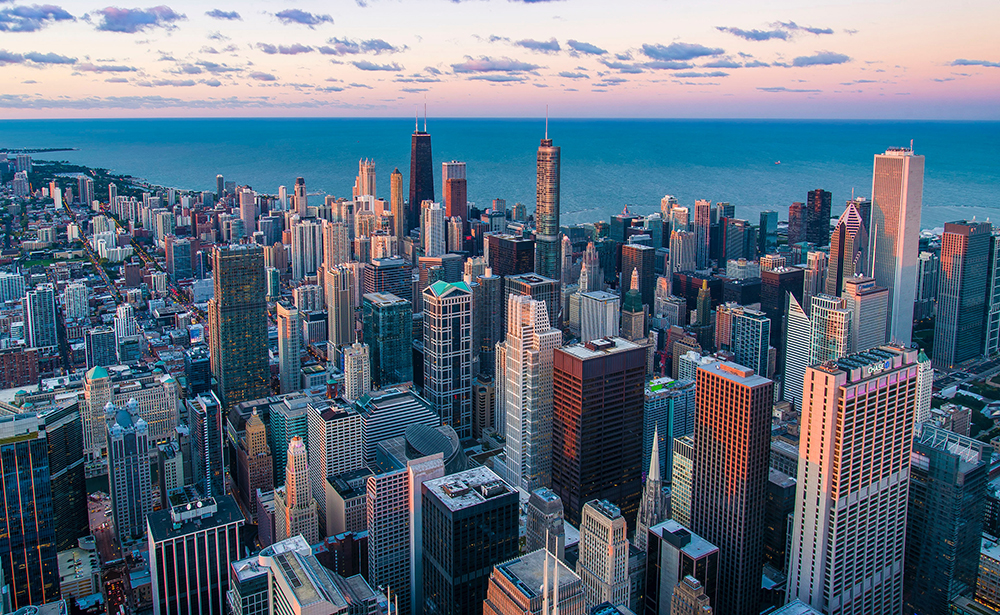
Ontario Premier Doug Ford holds a press conference regarding new restrictions at Queen’s Park during the COVID-19 pandemic in Toronto on Oct. 2, 2020.
Nathan Denette/The Canadian Press
Ontario Premier Doug Fords move to impose tougher restrictions on his provinces COVID-19 hot spots after weeks of criticism has cast a spotlight on how his government gets its public-health advice and how it decides to act on it.
For weeks, voices on the opposition benches at Queens Park and in the medical community have called the provinces decision-making process baffling and opaque, arguing that greater transparency is needed as Ontario wrestles with an accelerating second wave of the virus.
I feel increasingly strongly [that] the public-health decisions related to this pandemic should be more transparent, theres no doubt about it, said Anthony Dale, president of the Ontario Hospital Association, who for two weeks has been calling for the stricter measures that Mr. Ford has now imposed in Toronto, Peel and Ottawa.
Story continues below advertisement
Ontario restricts businesses in hot spots as COVID-19 spreads at alarming pace
Coronavirus cases on the rise again in Ontario nursing homes
Seven months into the pandemic, testing in Ontario is a fiasco
He said the government should release threshold levels on new infections and other metrics that would trigger renewed restrictions. He also said the public should see the same scientific advice that Mr. Ford and his cabinet are getting before they make their decisions.
Its verging on irresponsible for this not to be in the public domain, Mr. Dale said.
Also facing criticism is the provinces Chief Medical Officer of Health, David Williams whom Mr. Ford passionately defended on Friday and what is known as the public-health-measures table, one of several tables set up as part of the provinces response to COVID-19.
The table, headed by former Toronto medical officer of health David McKeown, is made up of six select local medical officers of health from across Ontario, or their representatives. It advises Dr. Williams on what rules or guidelines are needed to fight the virus, and what businesses should be allowed to open or close. But its deliberations, like those of cabinet, are supposed to be kept confidential. It is routinely briefed by epidemiologists and other experts from Public Health Ontario.
On Friday, Dr. Williams said the committee had met on Tuesday to discuss the new measures pushed by Toronto public-health officials last Friday. He later recommended them after seeing startling new data from the provinces science table, another body set up to review the available research on COVID-19 and produce modelling on the viruss likely spread.
The science table is made up of a large group of epidemiologists and scientists and chaired by Steini Brown, dean of the Dalla Lana School of Public Health at the University of Toronto. Its membership is listed on its website and includes experts who have been critical of the governments response to COVID-19.
Dr. Brown warned in a public briefing Friday morning that Ontario could be on track for the kind of crisis that hit Italy and New York in the first wave. Mr. Ford said the same data, presented to him Thursday evening, persuaded him that he had to change course on restrictions for restaurants and bars.
Story continues below advertisement
You have exactly what I know, the Premier said at Friday afternoons televised announcement. You received the same briefing that I received last night.
But for Brooks Fallis, medical director and division head of critical care for Peel Regions William Osler Health System network of hospitals, thats not good enough.
He says the public-health tables recommendations should be unveiled before cabinet debates them, so the public can evaluate how well the government is following that medical advice a practice he says health officials follow in Ireland. Public Health Ontario, he said, was set up to provide this kind of independent voice but has not done so.
We have no clue what is going on in the background, good or bad, Dr. Fallis said.
For months, some of the governments critics have also focused on its refusal to make public a list of those who sit on its command table, which co-ordinates its response to COVID-19, particularly the effects on the health system.
The government says the committee advises Health Minister Christine Elliott, and that she is accountable as minister for its decisions, and has previously said it includes senior staff from a variety of ministries, as well as other parts of the civil service and the hospital sector.
Story continues below advertisement
The Globe and Mail has obtained a list of the members of the table, which includes Dr. Williams, ministers and senior staff from the ministries of health, long-term care, labour and economic development. Senior officials from the Premiers Office, including chief of staff James Wallace, and medical experts from Public Health Ontario are also on the table.
The command tables meetings are chaired by deputy minister of health Helen Angus. The Premiers Office would not verify the list. Its external members include consultants from accounting firm KPMG, brought in to help expand testing earlier in the pandemic, as well as Kevin Smith, president and chief executive officer of the University Health Network.
Ontario NDP Opposition Leader Andrea Horwath has repeatedly criticized the government for keeping the list secret. She says the governments command table should include more people from outside the government with expertise in infectious diseases.
They are very light on outside experts, Ms. Horwath said in an interview. Its very alarming.
Throughout the pandemic, Mr. Ford has repeatedly said that he has always followed the advice he gets from Dr. Williams and other medical experts. Dr. Williams said Friday that the government has done nearly everything he has advised cabinet to do. Members of the public-health-measures table also told The Globe this week that the government had been mostly following its advice.
Without going into specifics, I would say in general that the governments decisions have been very much aligned with the public-health tables advice, said Chris Mackie, Medical Officer of Health for Middlesex-London.
Story continues below advertisement
Our Morning Update and Evening Update newsletters are written by Globe editors, giving you a concise summary of the days most important headlines. Sign up today.




More Stories
As the pandemic wreaks havoc on TV and movie ‘love lives’, intimacy coordinators need to find ways to adapt